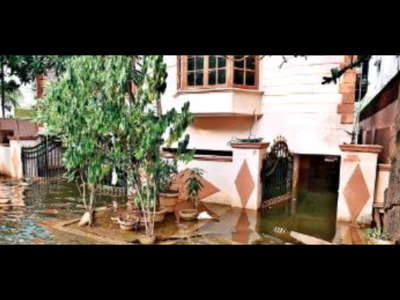The Times of India 10.08.2010
Amendment bill gives politicians more say in running of NDMC
NEW DELHI: The New Delhi Municipal Council (Amendment) Bill, 2010 was introduced in the Lok Sabha on Monday and was then forwarded to the standing committee of the Parliament. According to sources, if the bill is passed, it will lead to more political interference in the New Delhi Municipal Council by giving more powers to public representatives in the civic body’s council meetings. This may have an effect on the workings of the civic body.
The amendments suggested included that a public representative will preside over the meetings of the council as opposed to the present practice where the chairperson of NDMC presides over the meetings a bureaucrat usually presides over such meetings
As per the the copy of the Bill, “Provided that in case one of the members is a member of the legislative assembly of Delhi, being the chief minister of Delhi, representing the constituency which comprises wholly or partly the New Delhi area, and such member of the legislative assembly of Delhi attends the meeting as a member of the council ……such member shall preside over the meeting of the council.”
The Bill further states that if this criterion is not met then if one of the members is a member of parliament representing the constituency, which comprises wholly or partly the New Delhi areas, then he/she will preside over such a meeting. Similarly other options have been provided for, in case no member meets the first two criteria.
Said member of council Mukesh Bhatt, “The Bill provides for more public representation as well. Firstly, the council members will be increased from the present strength of 9 to 13. Moreover, as opposed to having more government officials, the council will comprise at least three members who are women, two members belonging to the scheduled castes in the council, out of which one shall be from the nominated members representing certain fields. The MPs that are part of the council shall also be given the right to vote, which was not the case till date.” The term of the present council is valid up to December 2010.


